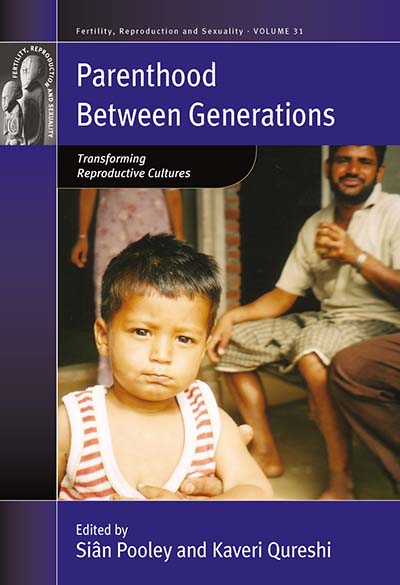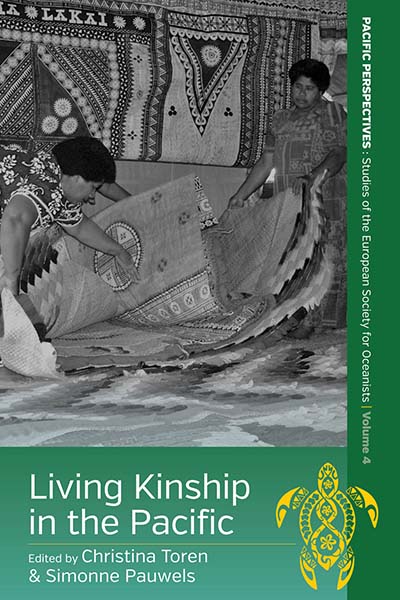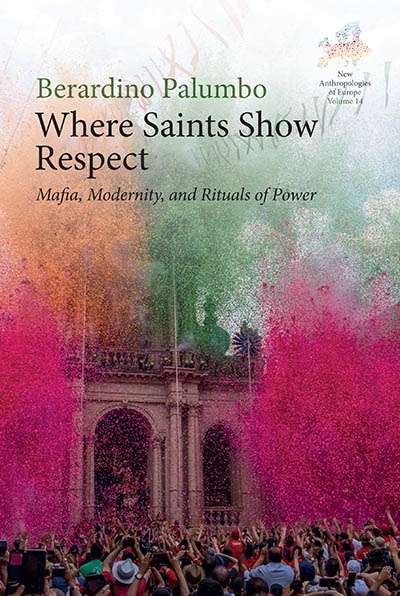
Series
Volume 28
Fertility, Reproduction and Sexuality: Social and Cultural Perspectives
See Related
Anthropology JournalsEmail Newsletters
Sign up for our email newsletters to get customized updates on new Berghahn publications.
Cousin Marriages
Between Tradition, Genetic Risk and Cultural Change
Edited by Alison Shaw and Aviad Raz
248 pages, 9 illus., bibliog., index
ISBN 978-1-78238-492-2 $135.00/£104.00 / Hb / Published (January 2015)
ISBN 978-1-78920-800-9 $34.95/£27.95 / Pb / Published (January 2020)
eISBN 978-1-83695-776-8 eBook
Reviews
“Besides providing information on the contemporary practice of cousin marriage, considering how spousal choice may change over time and through immigration, and examining how people understand the genetic risks that may be associated with these relationships, this collection also contributes to the understanding of the social construction of genetic risk more broadly.” • Journal of the Royal Anthropological Institute (JRAI)
“The utility of Cousin Marriages does not end, however, with researchers who have a direct stake in the issues. This book addresses an often oversimplified and misunderstood theme in both the science and culture of mating and does so using clear viewpoints with each chapter setting its own tone.” • Medical Anthropology Quarterly
“The editors should be congratulated for expertly steering a course through a highly complex, sensitive, and increasingly politicised area of enquiry. This is a mature volume which navigates a range of often taboo and stigmatised practices and identities with diligence and a sense of ethical responsibility. One major contribution is in detailing just how legislation or debate concerning cousin marriage is frequently less to do with health, and more bound up with anxieties about nationalism and the politics of integration.” • Sociology of Health & Illness
“…an engaging multi-disciplinary reflection on a common theme, namely, cross-cousin marriage. The collection offers perspectives – sociological, anthropological, historical, clinical and political – on the practice of cousin marriage and particularly as this distinctive marital strategy gains visibility.” • Bob Simpson, Durham University
“This book deals with an important, rich and understudied topic: the impact of new genetic understandings of close marriage and its possible health risks on marriage practices and understandings of kinship in cross-cultural perspective. It offers valuable new material, and has [to be considered] a pioneering work.” • Morgan Clarke, Oxford University
Description
Juxtaposing contributions from geneticists and anthropologists, this volume provides a contemporary overview of cousin marriage and what is happening at the interface of public policy, the management of genetic risk and changing cultural practices in the Middle East and in multi-ethnic Europe. It offers a cross-cultural exploration of practices of cousin marriage in the light of new genetic understanding of consanguineous marriage and its possible health risks. Overall, the volume presents a reflective, interdisciplinary analysis of the social and ethical issues raised by both the discourse of risk in cousin marriage, as well as existing and potential interventions to promote “healthy consanguinity” via new genetic technologies.
Alison Shaw is Professor of Social Anthropology in the School of Anthropology and Museum Ethnography at the University of Oxford. Her research focuses on ethnicity and health; social aspects of genetics; kinship, gender and transnational marriages. Her publications include Kinship and Continuity: Pakistani Families in Britain (2000) and Negotiating Risk: British Pakistani Experiences of Genetics (2009).
Aviad E. Raz is Professor at the Dept. of Sociology and Anthropology at Ben-Gurion University. His research focuses on how various ethnic/religious communities confront tradition and modernity, normative life process and medicalization, as well as migration and politics. He has written seven books and more than 45 articles and chapters on topics in organizational and medical sociology, anthropology, culture, and science.




